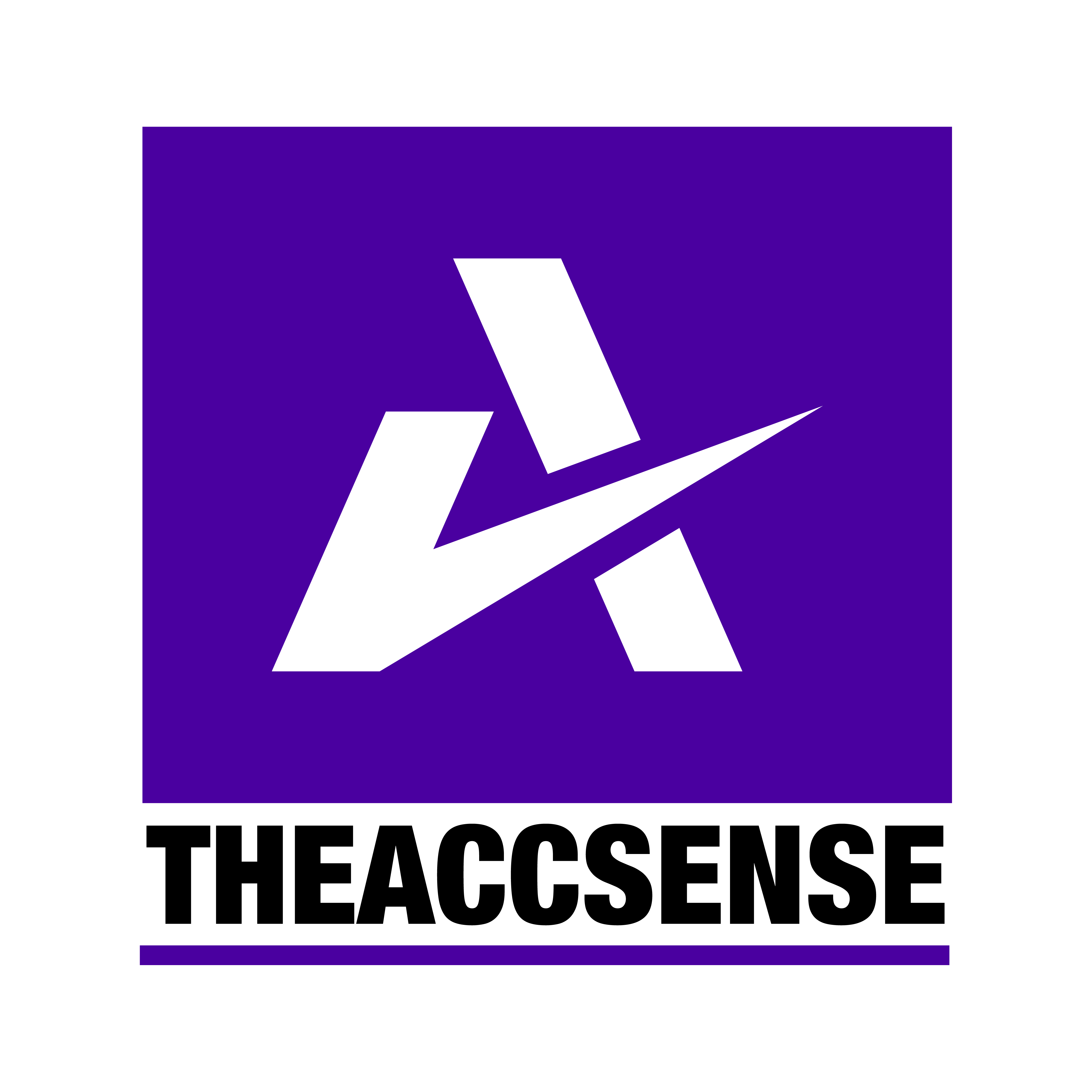The BIS Innovation Hub, and central banks of Australia, Malaysia, Singapore and South Africa has announced a joint effort to test the use of central bank digital currencies (“CBDCs”) for international settlements.
Known as Project Dunbar, the project is led by the Innovation Hub’s Singapore Centre. Under this project a prototype shared platforms for cross-border transactions using multiple CBDCs will be developed. It is envisaging that the platform will allow financial institutions to transact directly with each other in the digital currencies issued by participating central banks. Thus, eliminating the need for intermediaries and cutting the time and cost of transactions.
Project Dunbar will collaborate with multiple partners to develop technical prototypes on different distributed ledger technology platforms. Additionally, the project will also explore different governance and operating designs that would enable central banks to share CBDC infrastructures. The technical prototypes of the shared platform will be demonstrated at the Singapore FinTech Festival in November 2021.
With this joint effort for Project Dunbar, it paves the future of cross-border payments by improving the speed, cost and transparency of wholesale cross-border transactions.
Announced in a joint release media release, Andrew McCormack, Centre Head of the BIS Innovation Hub Singapore Centre has said that “Project Dunbar brings together central banks with years of experience and unique perspectives in CBDC projects and ecosystem partners at advanced stages of technical development on digital currencies. With this group of capable and passionate partners, we are confident that our work on multi-CBDCs for international settlements will break new ground in this next stage of CBDC experimentation and lay the foundation for global payments connectivity.”
Michele Bullock, Assistant Governor (Financial System), Reserve Bank of Australia has said that “We are pleased to collaborate with the BIS Innovation Hub and the central bank partners on this important initiative to explore how a shared platform for multiple CBDCs could be used to improve the speed, cost and transparency of wholesale cross-border transactions. Enhancing cross-border payments has become a priority for the international regulatory community and something that we are also very focused on in our domestic policy work.”
“The multi-CBDC shared platform explored under Project Dunbar has the potential to leapfrog the legacy payment arrangements and serve as a foundation for a more efficient international settlement platform. We hope the project will spur greater public-private collaboration to enable fast and frictionless cross-border payments, combining both the benefits of distributed ledger technology and the efficiency of a common platform,” said Assistant Governor Fraziali Ismail, Bank Negara Malaysia.
“Project Dunbar’s work on using multi-CBDC platforms to facilitate seamless multi-currency fund transfers is a significant contribution to the global vision to make payments cheaper and faster. The findings on how a common platform can be governed effectively and managed efficiently will shape the blueprint of the next generation payment systems,” said Sopnendu Mohanty, Chief FinTech Officer, Monetary Authority of Singapore.
“After years of mostly domestic research and exploration, we are very pleased to see that these common insights about the need to explore cross-border CBDC payments and interoperability are coming together internationally. We are particularly excited to be part of Project Dunbar given the SARB’s role in operating the regional wholesale settlement system in the Southern African Development Community,” said Deputy Governor Rashad Cassim, South African Reserve Bank.
The result, expected to be released in early 2022, will inform the development of future platforms for global and regional settlements. Results will inform development of global and regional platforms and support G20 roadmap for improving cross-border payments.

